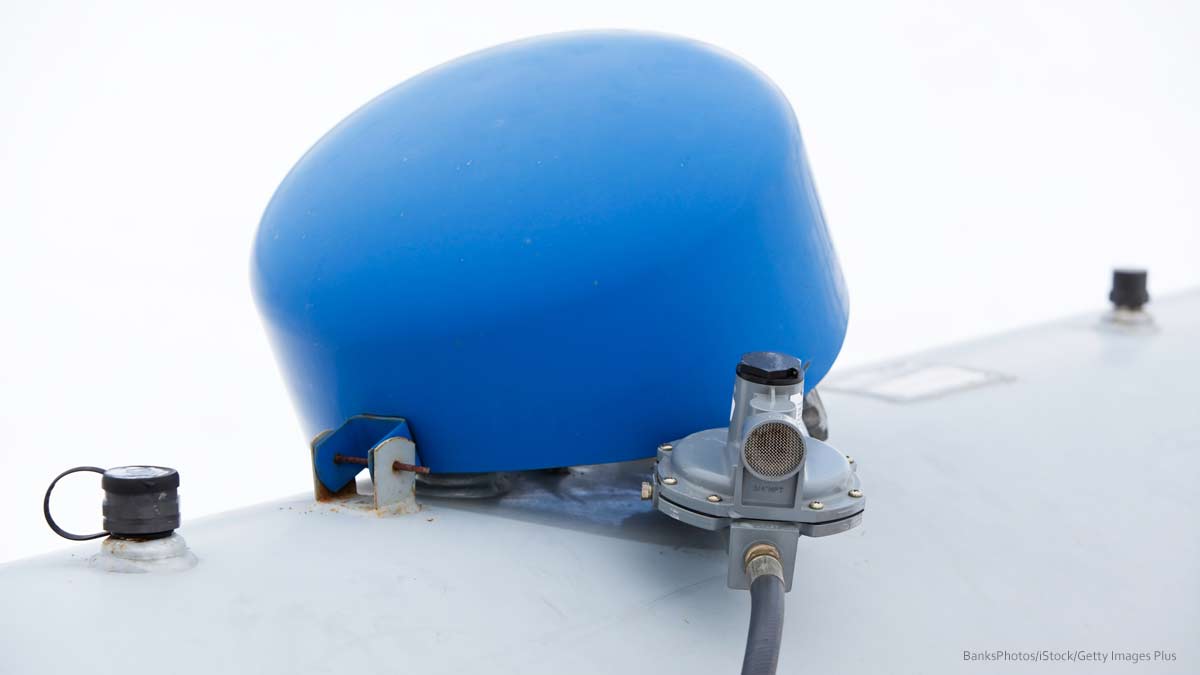LP gas, also referred to as propane, is highly flammable.
It is also odorless, which is why a chemical odorant is put in the propane to make it stink. Our law firm investigates propane explosion lawsuits for families who want answers, compensation for burns and other injuries, and justice.
- What caused the gas leak?
- Why didn’t the propane gas have an odor before the explosion?
- If there was an odor and the gas company was called, why didn’t the gas company immediately get the family out of the house (apartment, etc.) and take care of the leak?
Possible causes of propane explosions include:
- Failure to take the appropriate measures during refill, including failure to relight appliances for homeowners;
- Improper installation of a gas stove, furnace, dryer or other gas appliance;
- Improper maintenance of a propane tank, for example, not replacing an old regulator or failing to maintain any part of the propane system;
- Improper inspection of the propane tank by the propane gas supplier;
- Gas that is not properly odorized with a compound called ethyl mercaptan, which is added according to federal and industry safety requirements so that consumers will know when there is a leak—it smells like rotting cabbage;
- Tank leaks; and
- Grill fires and explosions.
Explosion News
In a recent house explosion caused by an LP gas leak, police and fir department personnel arrived at the house to find the dwelling blown apart and two people trapped under the debris. Another person died in the blast. The two survivors, both with severe burns and other injuries, were airlifted to a hospital.
The state fire marshall concluded that the explosion was caused by an LP gas leak with an outside ignition source.
The explosion could be felt miles away. Pieces of the one-story house were scattered hundreds of feet away from the foundation. As of today, the cause of the leak was not known.
